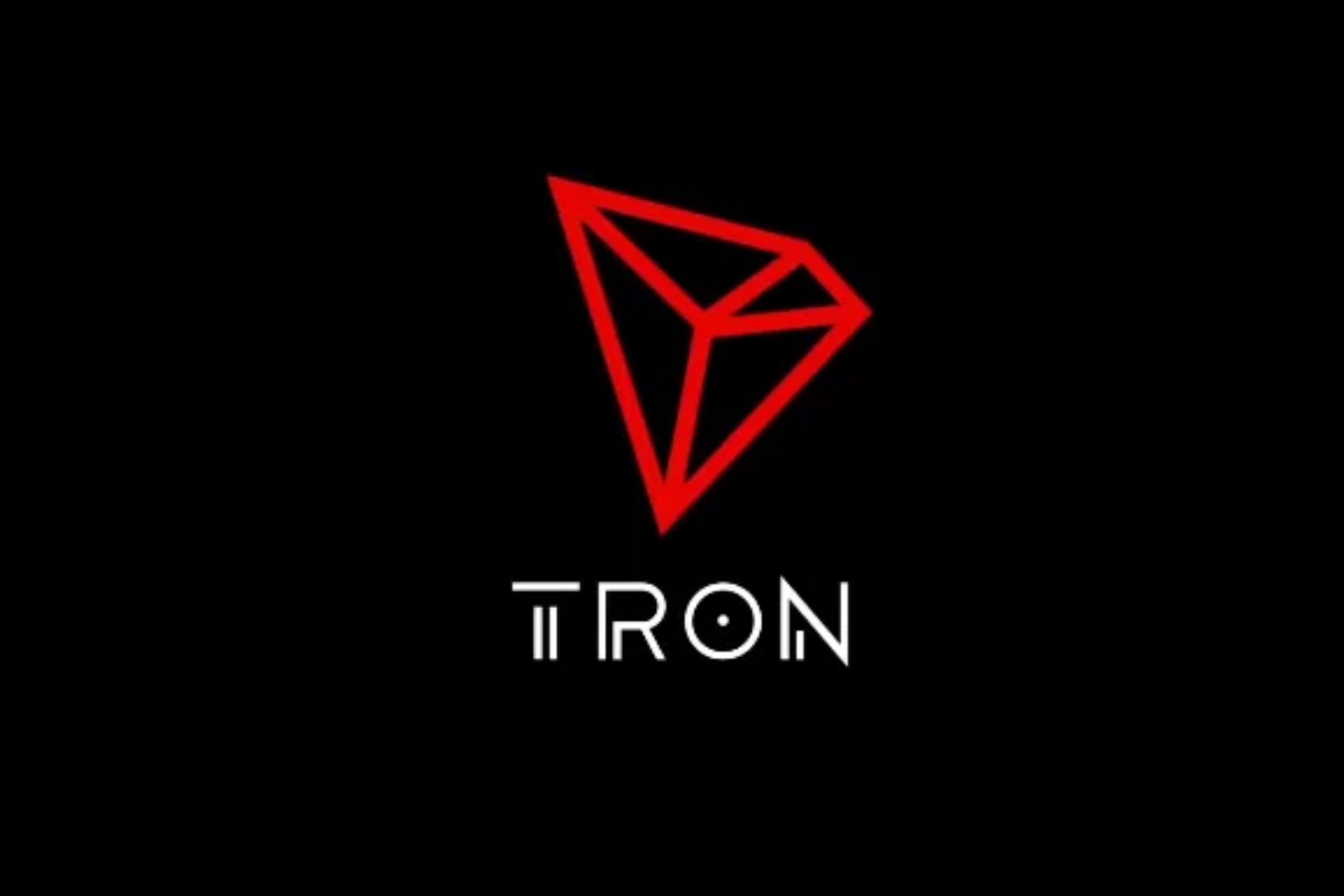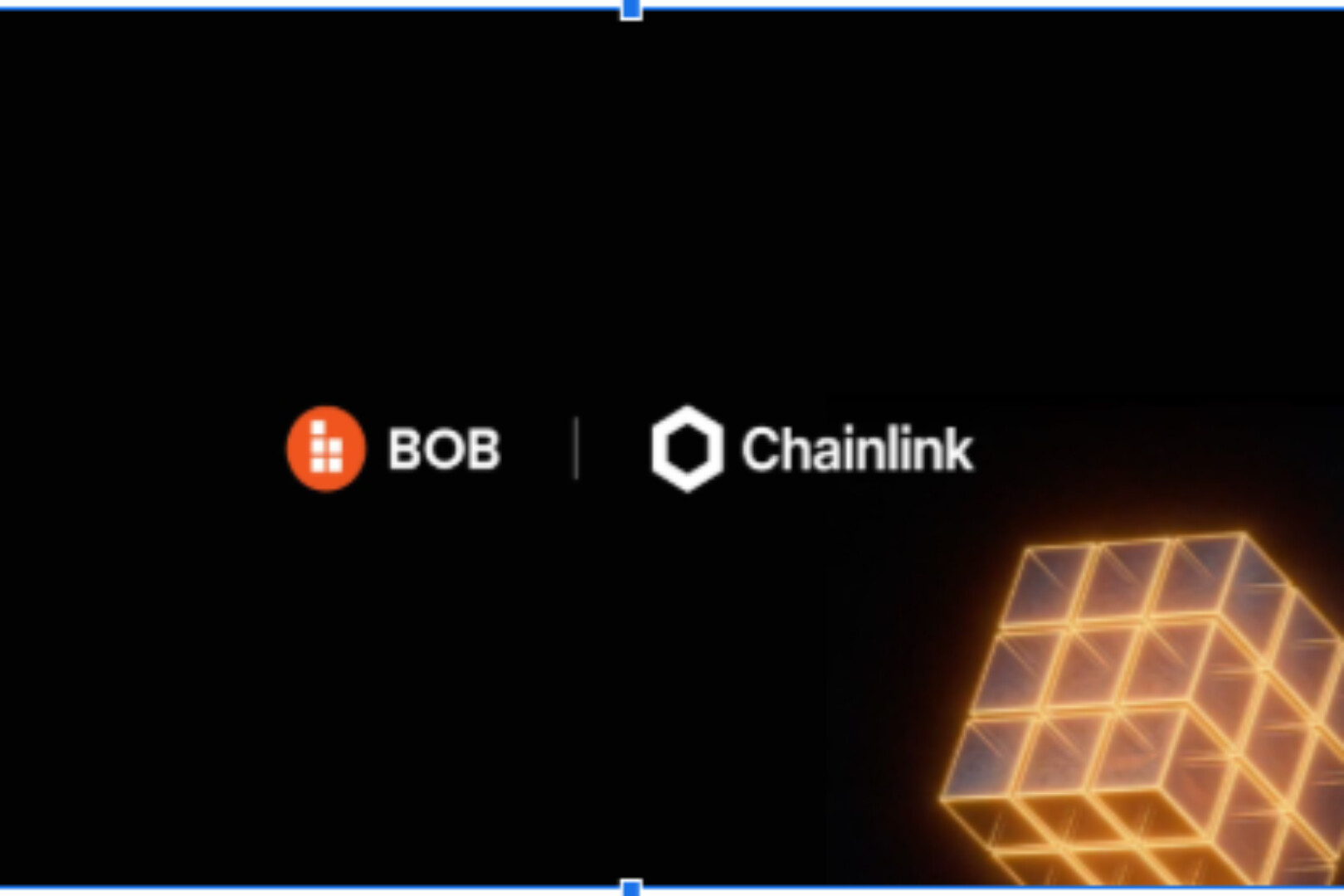Editor's Note: This article comes fromHoneycomb Finance News (ID: fengchao-caijing), Author: Kyle, reproduced by Odaily with authorization.
Editor's Note: This article comes from
Honeycomb Finance News (ID: fengchao-caijing)
Honeycomb Finance News (ID: fengchao-caijing)
, Author: Kyle, reproduced by Odaily with authorization.
During this period, problems were exposed, and DDoS attacks and code vulnerabilities appeared one after another, causing some miners to lose computing power and even lose sealed data. The "mock test" before the mainnet launch of this round of Filecoin seemed a bit chaotic. Diancun Technology, which participated in the competition, believes that exposing the problem is a good thing. After repairing, it will make the network more and more secure.
In the final sprint stage, doubts about "centralization" came out in the Filecoin community. The mysterious miner "Song Jiang" previously posted that Filecoin is increasingly biased towards big miners, making the network centralized and insecure.
Some community members also believe that although Filecoin may form the current situation of concentrated Bitcoin mining computing power, it still has a greater advantage over centralized storage, and decentralization is a gradual process.
secondary title
Vulnerabilities and exploits surfaced by 'Space Race'
It has been 3 days since the start of the Filecoin Space Race (Space Race). This competition to motivate the testnet is regarded as the last "mock test" before the Filecoin mainnet goes live.
According to data from Filfox, the Filecoin blockchain browser, since the race started at 6 am on August 25, the space race has attracted about 300 miners from all over the world to participate, and the effective computing power of the entire network exceeds 21PiB.
image description
The space race attracts about 300 miners from all over the world
It's a showdown between the big miners.
According to the competition rules, participating miners must respond to storage and retrieval transaction requests from competition robots and maintain a success rate of 80% or above. Miners need to provide as much storage capacity as possible for the network during the three-week competition. In the end, according to the storage capacity ranking during the test period, the top 100 miners in the world and the top 50 miners in each continent will share 4 million FIL (Filecoin tokens) as a reward.
Filecoin officially stated that the space race aims to stress test the network and help find problems, "We hope to make progress in the game." In this regard, the space race did not live up to the "expectation", accidents happened one after another in the past 3 days.
On the first day of the Space Race, many mining nodes encountered DDoS attacks, unable to mine normally for a short period of time, and saw a sharp drop in computing power.
A DDoS attack is also called a distributed denial of service attack. It refers to multiple attackers in different locations launching an attack on one or several targets at the same time. Usually, the attacker sends a large number of service request packets to the attack target. Services often consume a large amount of system resources, causing the target host to fail to work normally.
For Filecoin miners, WindowPoSt is an important step in "proof of work", which needs to prove that the data of the sector is still stored correctly at regular intervals. "Maybe it's a big tree attracting the wind," Diancun Technology guessed the motive of the attacker.
In addition to DDoS attacks, the space race also exposed some code vulnerabilities for Filecoin.
Judging from the progress of the space race, there are still many problems to be solved in Filecoin. Although this is the side that officials hope to see, it also worries some followers. In this regard, Diancun Technology believes that the attack is not terrible. It can be seen as the attacker is helping to find loopholes. The more attacks, the fewer loopholes will be. After the main network is launched, the security will be higher.
secondary title
"Centralization" doubts spread to the community
According to Filecoin's recently updated mainnet roadmap, the Filecoin mainnet will be officially launched in mid-to-late September after the end of the space race.
image description
Filecoin main network roadmap
Since the beginning of research and development in 2017, Filecoin has finally entered the final sprint stage. On the official website, the designer wrote that Filecoin aims to become a distributed network that stores the most important information of human society. Decentralized storage is obviously the most attractive part of it.
However, on the eve of the mainnet launch, there were some different voices in the market. The mysterious Filecoin miner "Song Jiang" questioned that Filecoin is not decentralized enough.
On August 19, a Medium user with the registered name "Song Jiang" posted that Filecoin is heading for a road of no return. Its rules are becoming less and less fair, and the entire network has become centralized.
Taking the space race as an example, he said that the results of the space race are not determined by a decentralized network, but by robots; the so-called success rate is just a line of data, which can be fabricated and tampered with at any time, and cannot be verified by the public .
In addition, he believes that the entire Filecoin mechanism is increasingly biased towards large miners. For example, in the space race, big miners can get extra rewards; before mining, a large amount of FIL needs to be purchased as front-end collateral, which makes it difficult for small miners to afford.
"When the network consists of only a small number of miners, the attack will become well-targeted and make the network unsafe," Song Jiang said after questioning that Filecoin is not decentralized enough. He will conduct DDoS on the top miners during the space race and other forms of attacks until their order success rate is less than the official threshold.
After seeing Song Jiang's "uprising", Gu Qianfeng, an early developer of Ripple and a founding member of the IPFS Force Zone, also publicly stated that the so-called distributed storage protocol of IPFS is technically unable to achieve "random storage of files after fragmentation." For example, he said that if a person sprinkles 1 million money on the top of a building, it will be difficult for different people below to retrieve it if they pick it up. This is equivalent to random storage, but IPFS cannot do it. "Therefore, Filecoin based on the IPFS protocol cannot do it either. It is not decentralized enough and lacks security advantages."
Coincidentally, during the space race, the attack actually came up.
But Song Jiang denied that he was not responsible for these attacks. He analyzed that the reason why the miners were attacked was that the Filecoin miners participating in the competition had to disclose their addresses, which made the addresses easily searchable and increased the possibility of being attacked.
At the same time, he put forward some solutions, saying that community members can communicate addresses on the chain in an encrypted manner, and make storage demand ordering and receiving orders complete on the chain, and even use the randomness of the blockchain to randomly distribute orders For miners, customers cannot designate miners to take orders, reducing the situation of spontaneous grabbing. That's enough security and decentralization.
Center or go to the center, the discussion on this topic has not stopped.
Some community members do not deny that Filecoin mining may form a situation monopolized by a small number of large miners, similar to the current Bitcoin mining computing power concentrated in several large mining pools.





